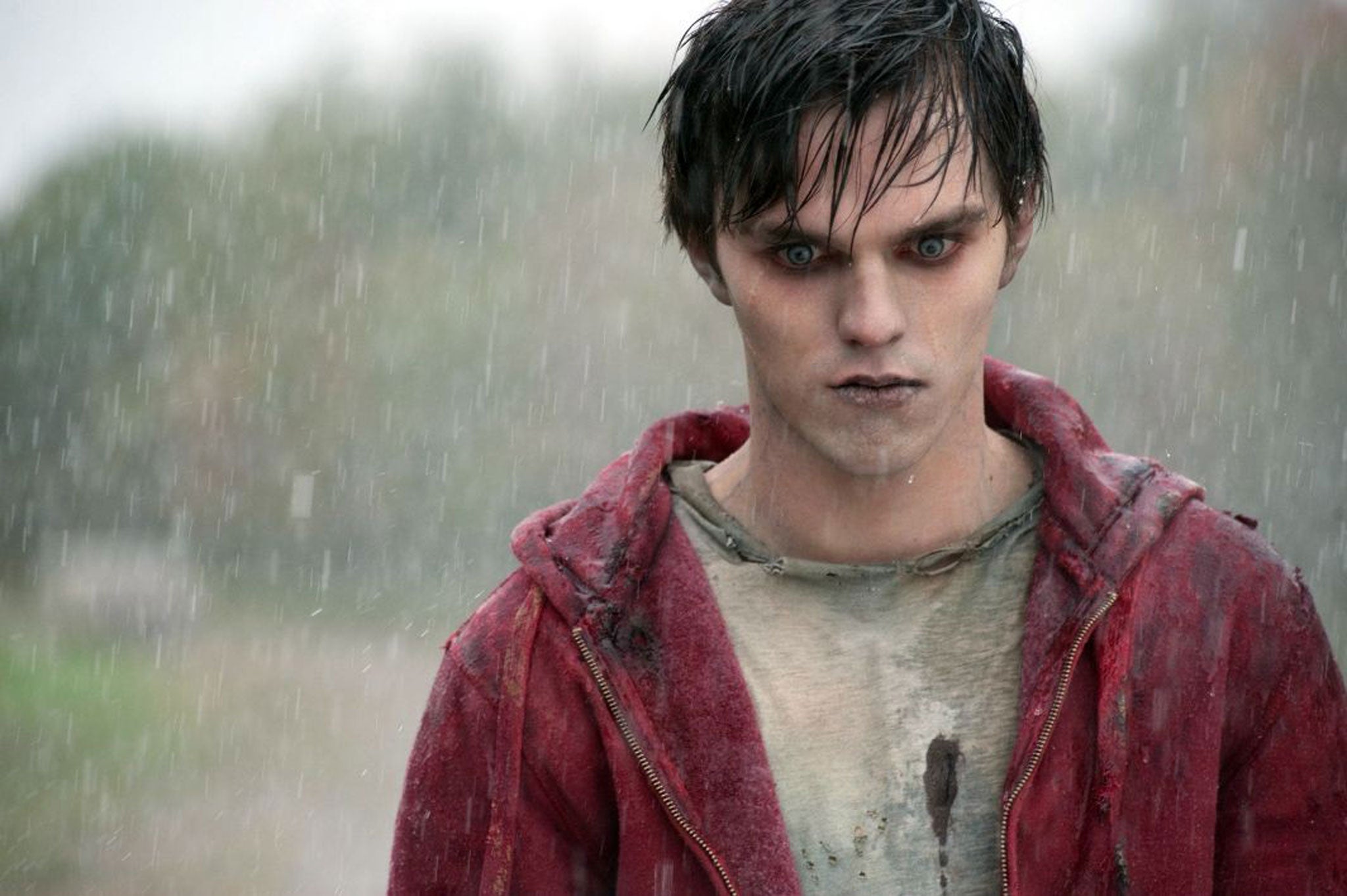Warm Bodies: Not all zombies love eating human flesh

With zombie fiction trending so heavily, you could be forgiven for thinking that this fascination with the undead, much like the vampire before it, may be in danger of being done to, well, death. For where else is there to go? The answer, perhaps, lies no longer in aiming for the head, but getting inside it. Or at least that's what Jonathan Levine's new zom-rom-com, Warm Bodies, suggests. A film that is leading the pack in telling us that zombies are people too.
Adapted from Isaac Marion's eponymous book, it tells the story of R, a young man who is a bit more self-aware than the typical corpse. In this Romeo and Juliet love story he falls in love with Teresa Palmer's Julie, a human.He is still a slave to the basic instinct to eat people, of course – he just doesn't feel that particularly great about it. It's an interesting take. For years, these stories have blurred the line between zombie and human for satirical effect – George Romero's sequel, Dawn Of The Dead, for example, took a swipe at the brain-dead nature of consumerism by having his creations return to a mall through "instinct"– but very rarely a relatable one.
"I value the genre's ability to reflect us," says Levine who directs and writes. "And by going inside R's head, it allows us to empathise with him and ask ourselves, 'What does it mean to be alive?' Also, by humanising him, it allows us to explore other themes such as tolerance and acceptance."
'Warm Bodies' is on nationwide release
Join our commenting forum
Join thought-provoking conversations, follow other Independent readers and see their replies
Comments
Bookmark popover
Removed from bookmarks